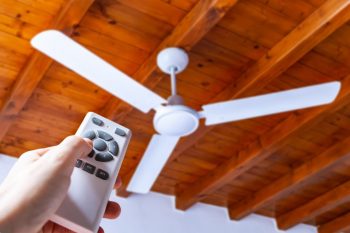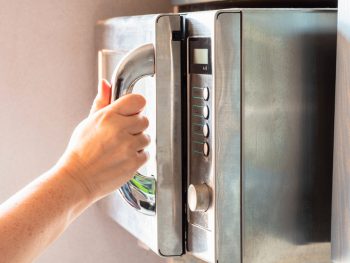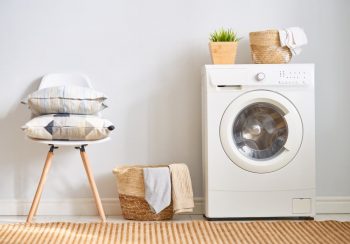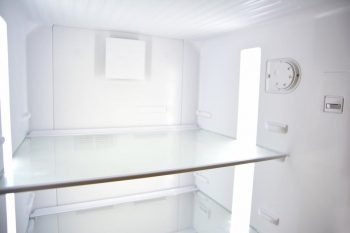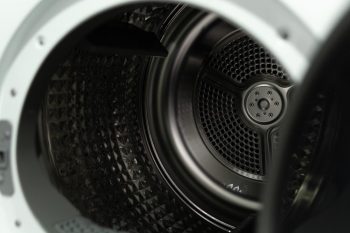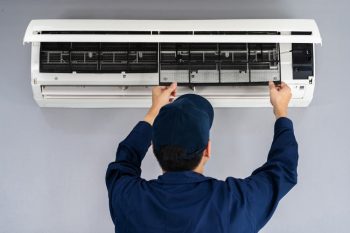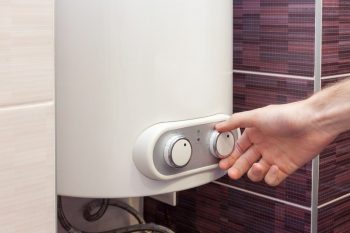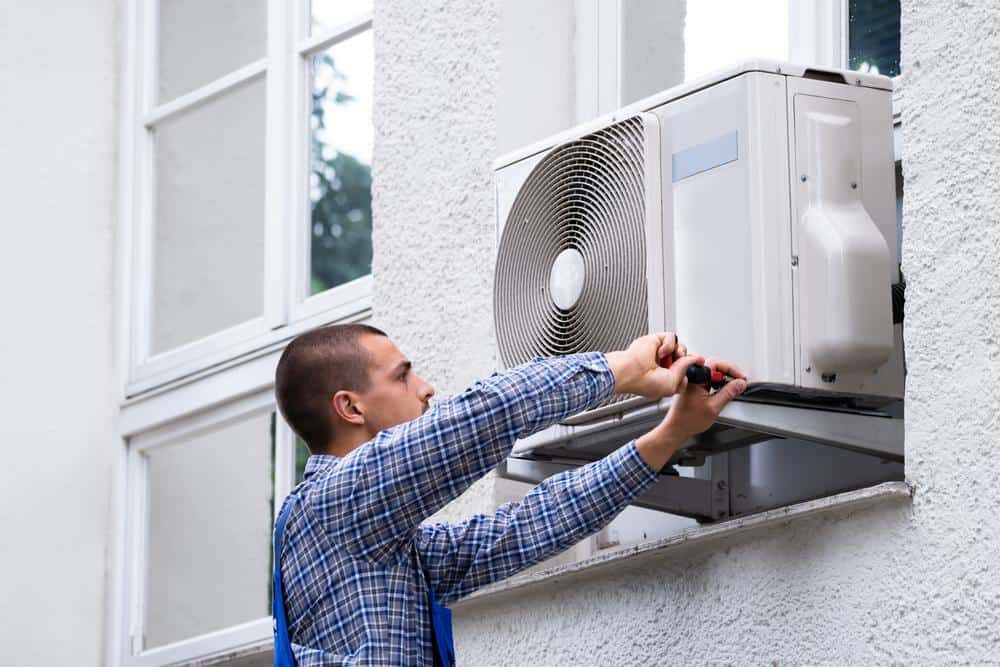
When it comes to staying cool in the summer heat, a functional air conditioning (AC) unit is not just a luxury but a necessity. However, purchasing a new AC unit can be a significant investment. In this comprehensive guide, we will explore various methods to finance a new AC unit, discuss the average costs, common mistakes to avoid, cost-effective alternatives, maintenance costs, and tips to save money.
Paying for a new AC unit can be done through several methods: paying with cash, opting for a loan, financing through your contractor, charging the purchase to a credit card, applying for government or utility company rebates and incentives, or exploring lease-to-own or no credit needed financing options. The best choice depends on your financial situation and the cost of the AC unit. Always compare interest rates, repayment terms, and any additional fees associated with each method before making a decision.
Understanding the Cost of a New AC Unit
The cost of a new AC unit varies depending on its type, brand, and size. For instance, the average cost of popular brands for central AC units, excluding installation, ranges from $1,799 for York to $2,985 for Trane. Window air conditioners typically cost between $150 and $750, while portable AC units range between $200 and $900. The national average cost to install a new AC unit is $5,860, with a typical price range of $3,882 to $7,903.
Financing Options for a New AC Unit
There are several ways to finance a new AC unit:
- Paying with cash: This is the most straightforward method, but it may not be feasible for everyone due to the high cost of AC units.
- Opting for a loan: Personal loans can be used to finance an HVAC system. Some lenders offer loans specifically for HVAC financing, such as SoFi, LightStream, and LendingPoint.
- Financing through your contractor: Some HVAC companies offer financing to homeowners in the form of personal loans or installment payments. They may partner with local lenders or recommend banks or credit unions that offer competitive terms and fast, convenient funding.
- Charging the purchase to a credit card: This option may be suitable if you can find a balance transfer offer with a low or zero-interest rate for a limited period.
- Applying for government or utility company rebates and incentives: Some programs offer rebates for the installation of new high-efficiency air conditioner units. Check with your local utility company or government agency for available programs in your area.
- Exploring lease-to-own or no credit needed financing options: Some companies, like AC Direct, offer no credit needed heating and cooling system financing with lease-to-own options.
Before choosing a financing option, compare interest rates, repayment terms, and any additional fees associated with each method.
Common Mistakes to Avoid When Purchasing an AC Unit
Avoiding common mistakes when purchasing an AC unit can save you money in the long run. Some of these mistakes include buying the wrong-sized air conditioner, ignoring the energy efficiency of the unit, hiring an unqualified contractor, looking for the lowest price, not considering ongoing costs, and purchasing non-matching air conditioning components.
Cost-Effective Alternatives to Traditional AC Units
If a traditional AC unit is out of your budget, consider cost-effective alternatives like ductless or mini-split air conditioners, window units or portable air conditioners, evaporative coolers, attic fans, air cooling fans, geothermal cooling systems, DIY air conditioners, and passive cooling techniques.
Maintenance Costs of an AC Unit
When purchasing a new AC unit, consider the following maintenance costs: annual maintenance, filter replacement, coil cleaning, refrigerant level check and adjustment, ductwork inspection, thermostat replacement or repair, and other repairs.
Government or Utility Company Incentives or Rebates
There are government and utility company incentives and rebates available for energy-efficient AC units. Use the ENERGY STAR Rebate Finder by entering your zip code to find specific rebates and incentives available in your area.
Tips to Save Money When Shopping for a New AC Unit
To save money when shopping for a new AC unit, look for local incentives and rebates, check for company rebates, plan your purchase during the off-season, choose a high-efficiency system, ensure proper sizing, schedule regular maintenance, invest in a programmable thermostat, insulate and weatherize your home, and compare quotes from different providers.
The Benefits of Hiring a Professional for AC Installation
While installing an AC unit yourself can save you money on installation costs, hiring a professional for AC installation can provide you with expertise, experience, and warranty protection, ultimately saving you money in the long run.
In conclusion, while purchasing a new AC unit can be a significant investment, there are various methods to finance the unit, save money, and ensure it operates efficiently. By considering the information provided in this guide, you can make an informed decision and choose the best AC unit for your needs.
Frequently Asked Questions
What factors should I consider when choosing a loan for my new AC unit?
When choosing a loan for your new AC unit, you should consider factors such as the interest rate, the loan term, the monthly payment, any additional fees, and the reputation of the lender. Make sure to read the terms and conditions carefully before agreeing to the loan.
How can I determine the right size of AC unit for my home?
To determine the right size of AC unit for your home, you can use an online calculator or consult with a professional HVAC technician. The size of the unit will depend on factors such as the size of your home, the number of windows, the amount of insulation, and the local climate.
What is an energy-efficient AC unit and why should I consider getting one?
An energy-efficient AC unit is designed to use less energy while still providing the same level of service. These units often qualify for rebates and incentives, and they can also save you money on your energy bills in the long run.
What is the difference between a ductless or mini-split air conditioner and a traditional AC unit?
A ductless or mini-split air conditioner is a type of AC unit that does not require ductwork to distribute cool air throughout your home. Instead, it uses individual indoor units that connect to an outdoor unit. This type of AC unit can be more energy-efficient and easier to install than a traditional AC unit, especially in homes without existing ductwork.
What is the off-season for purchasing an AC unit?
The off-season for purchasing an AC unit typically falls during the cooler months, such as in the fall or winter. During this time, demand for AC units is lower, so you may be able to find better deals.

